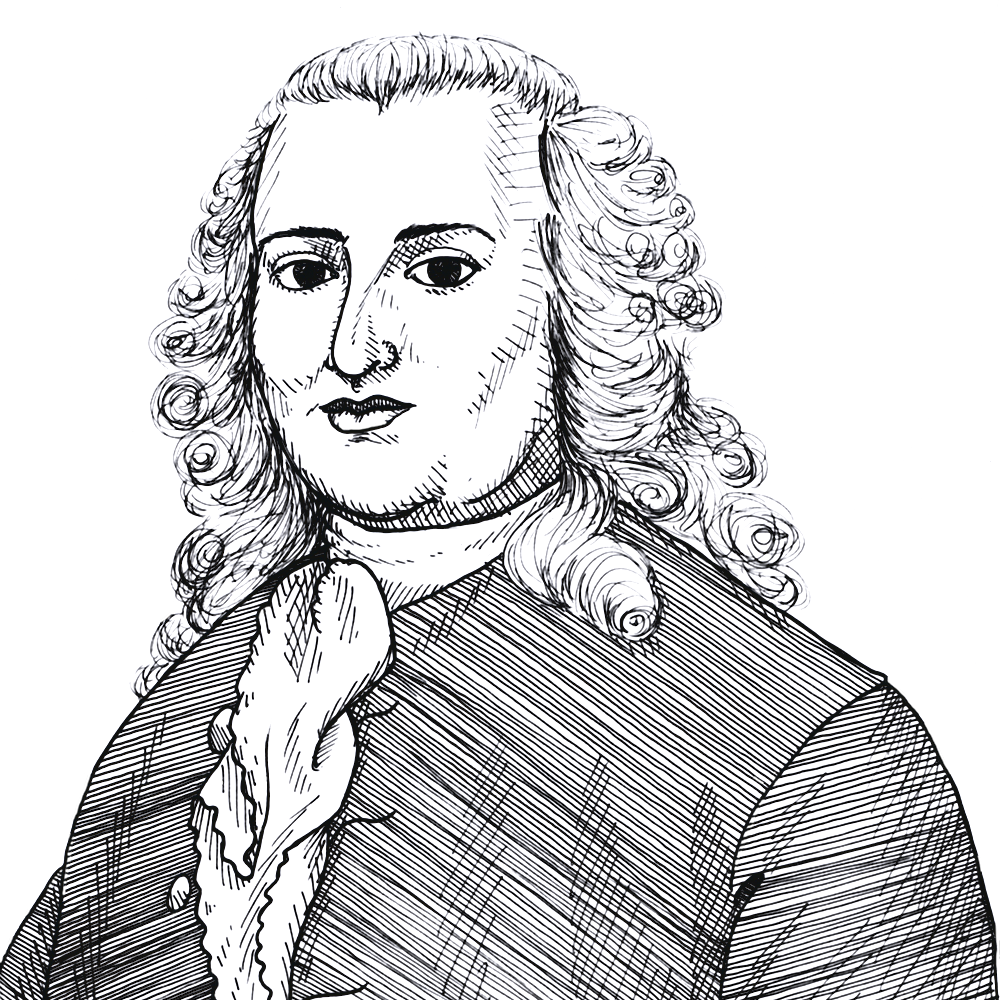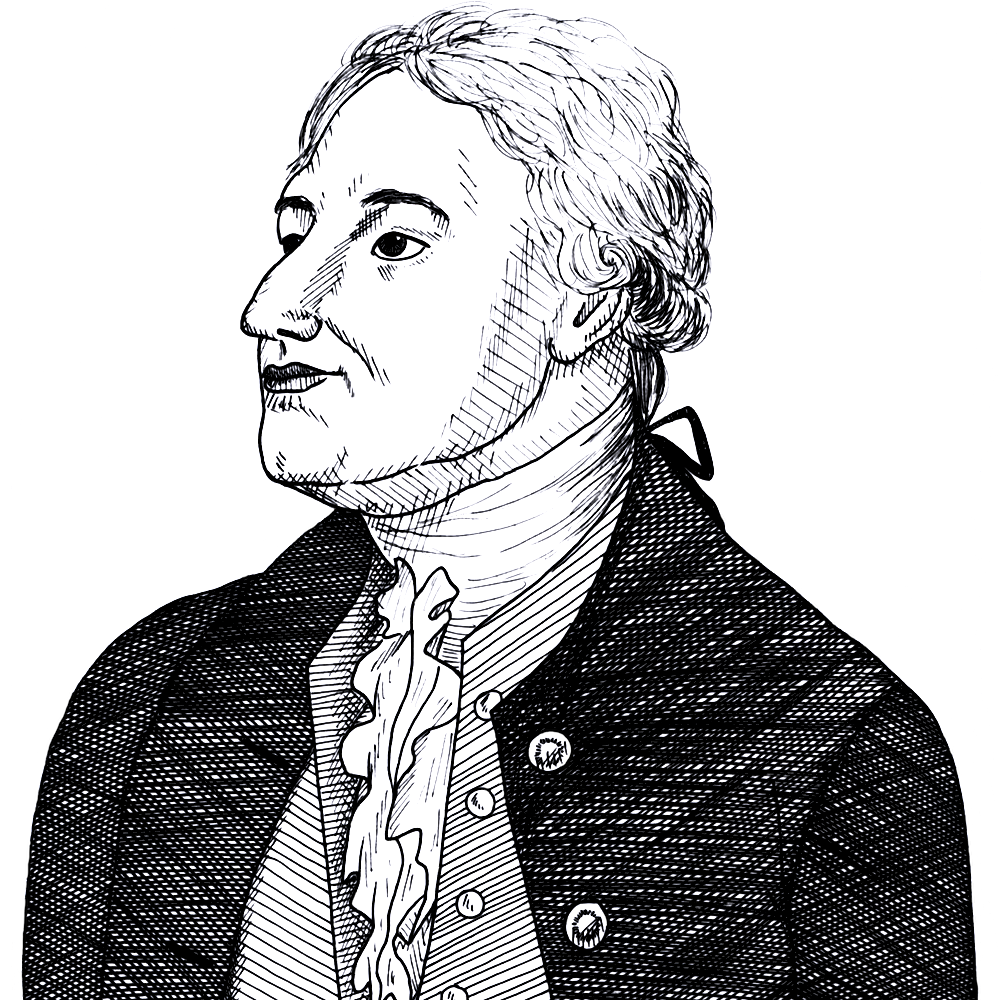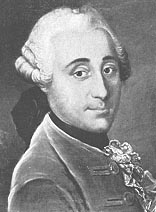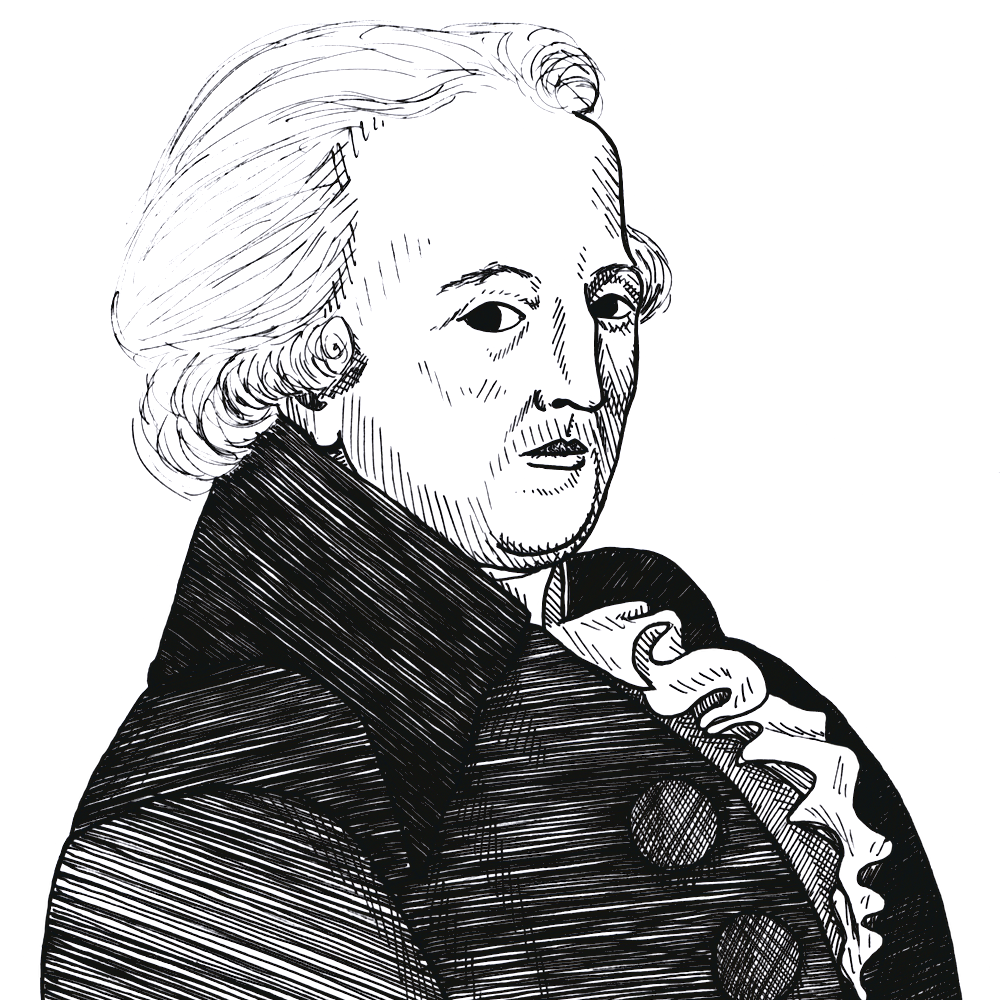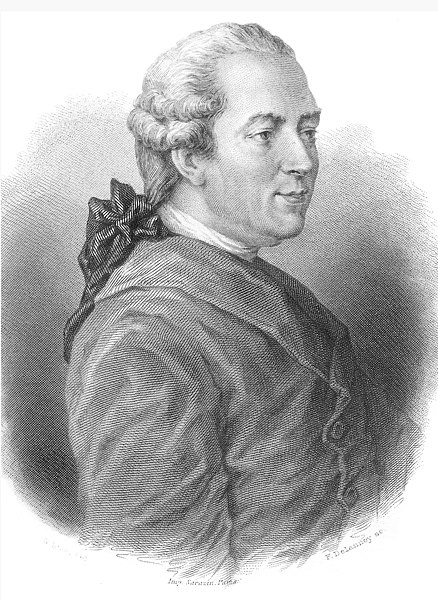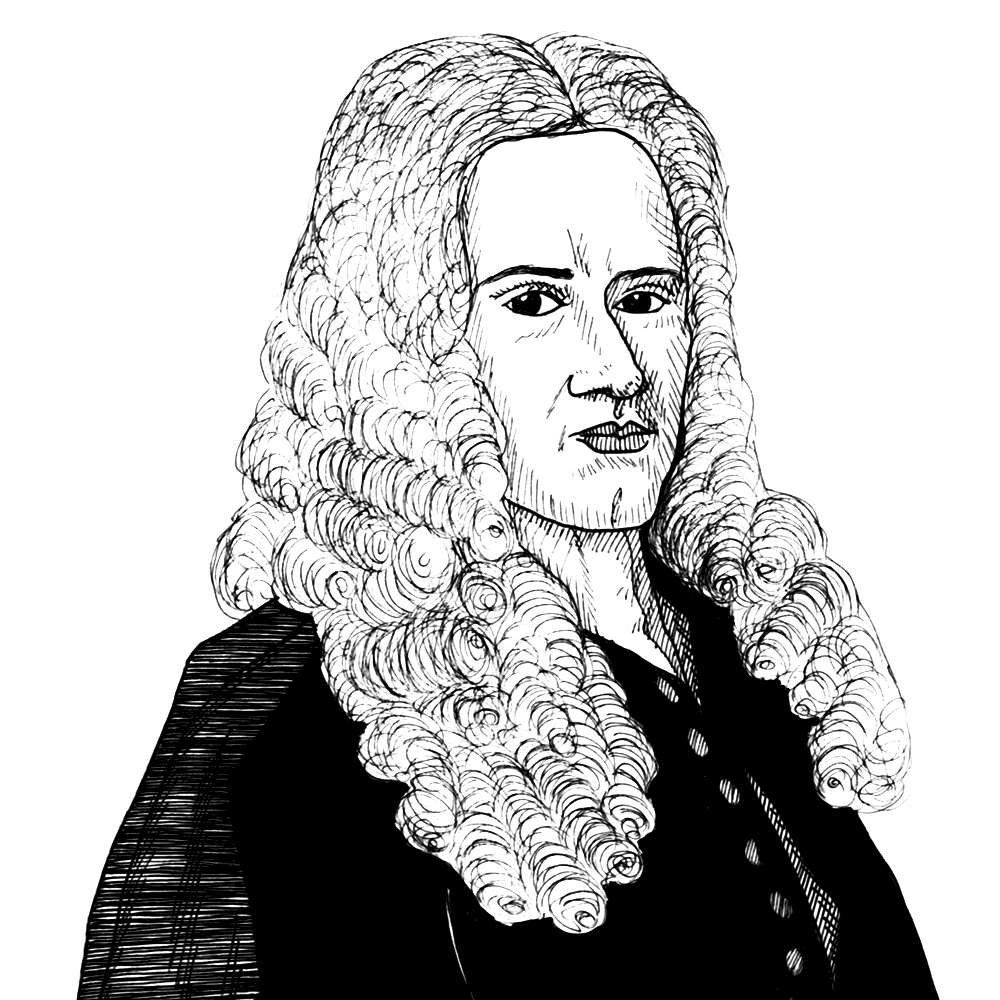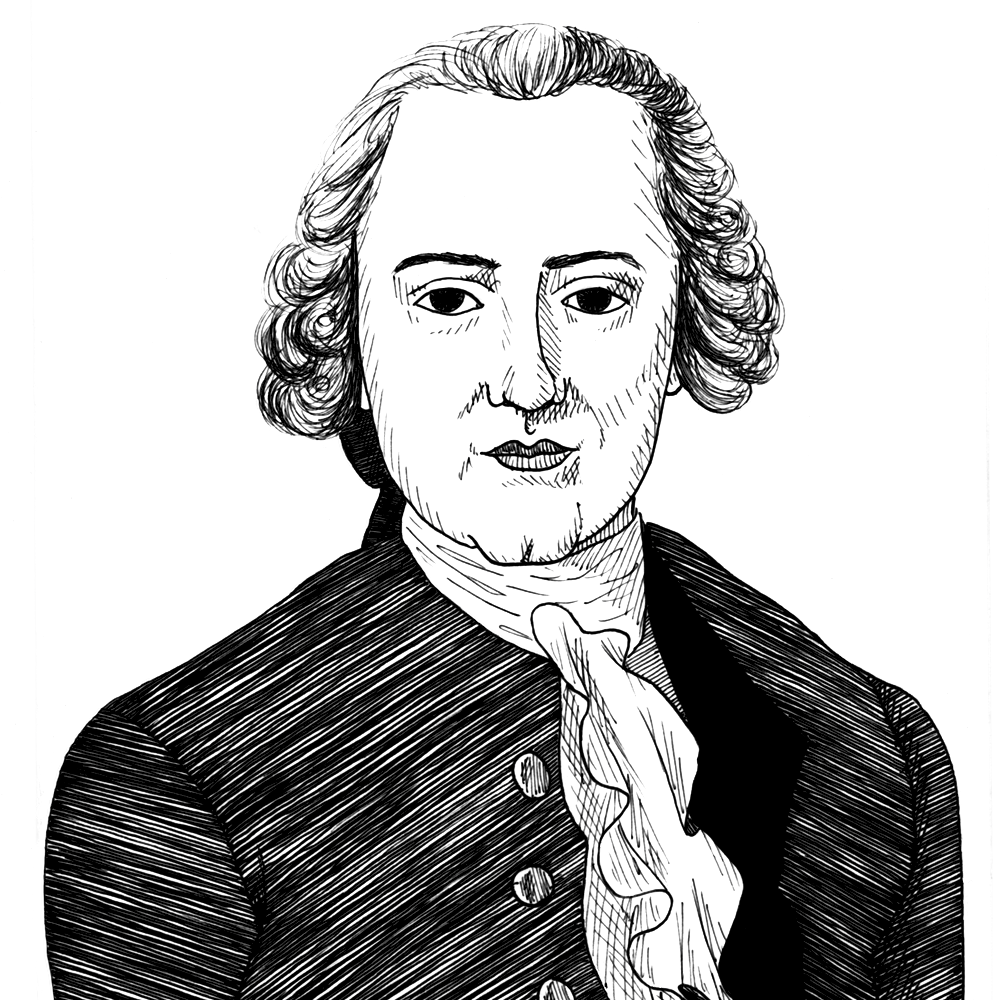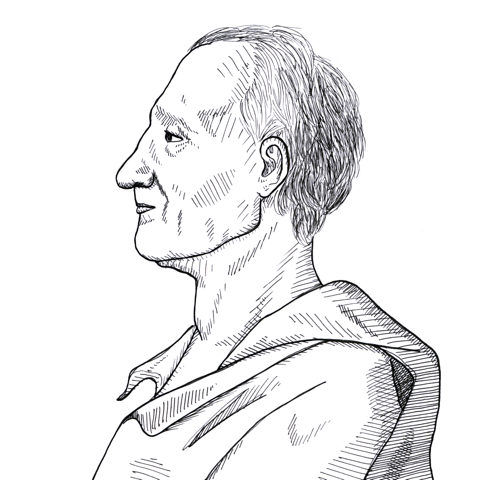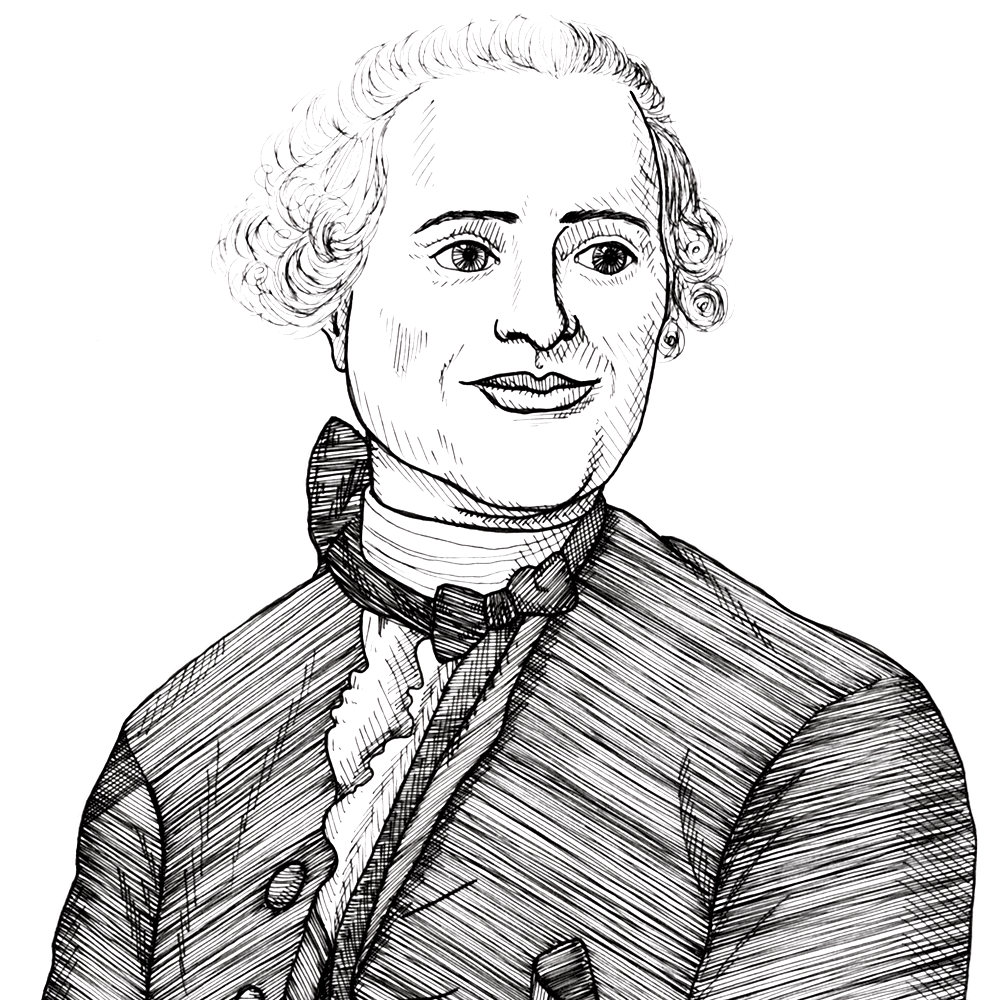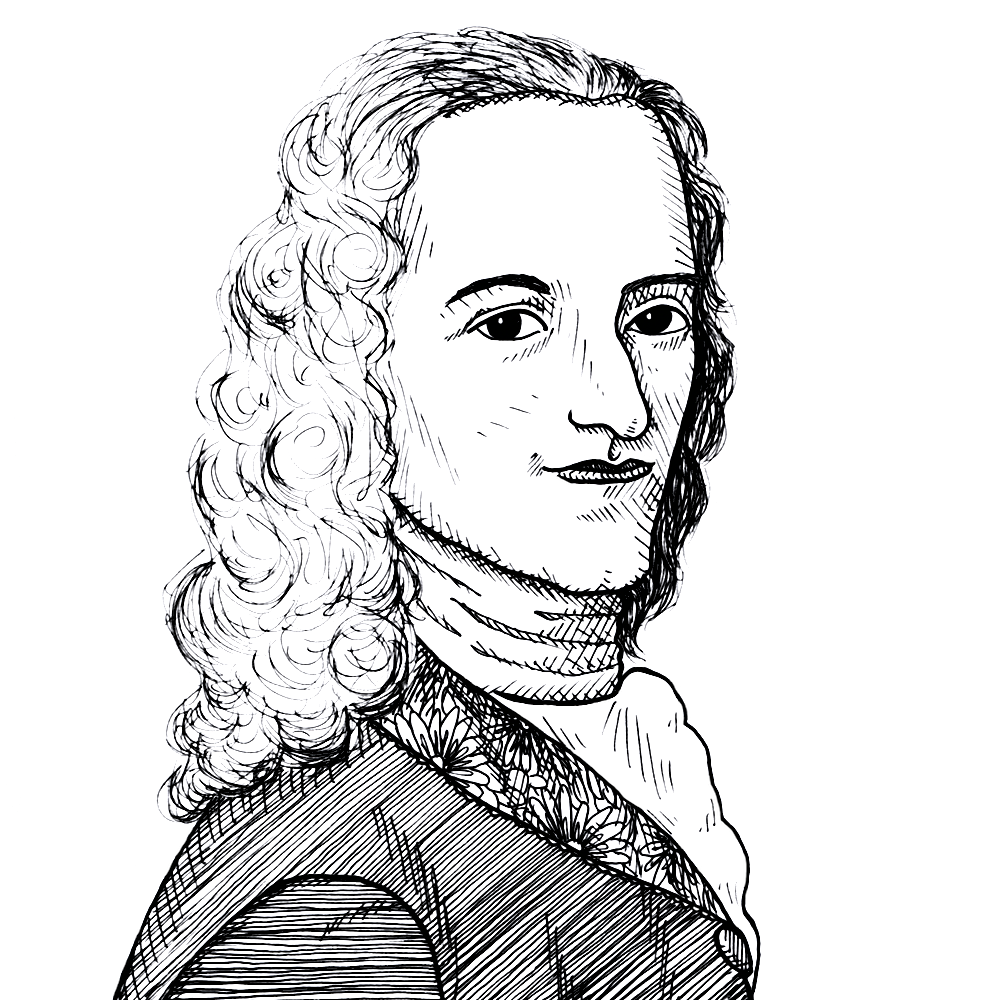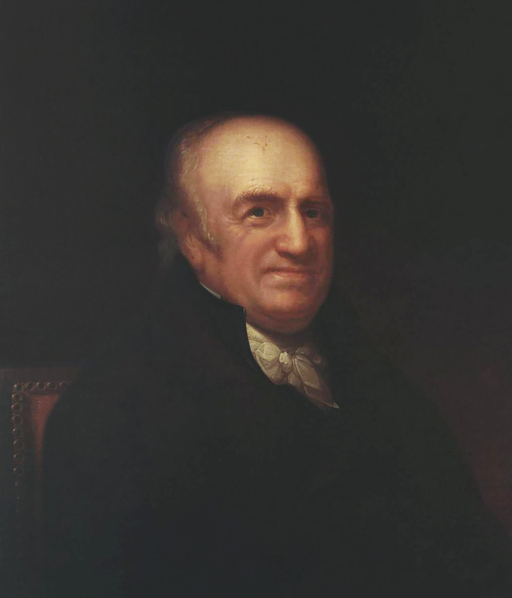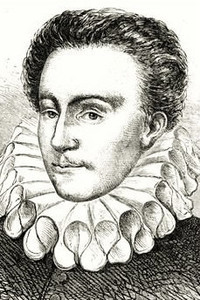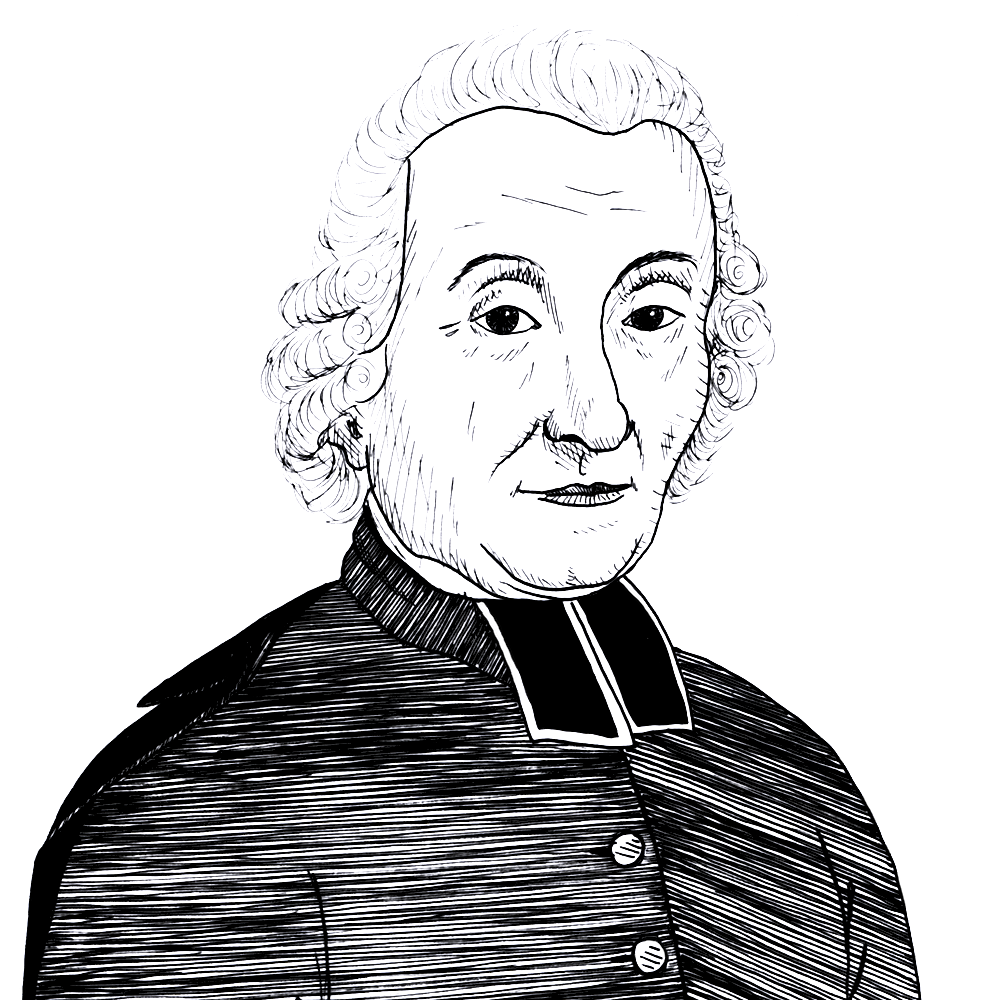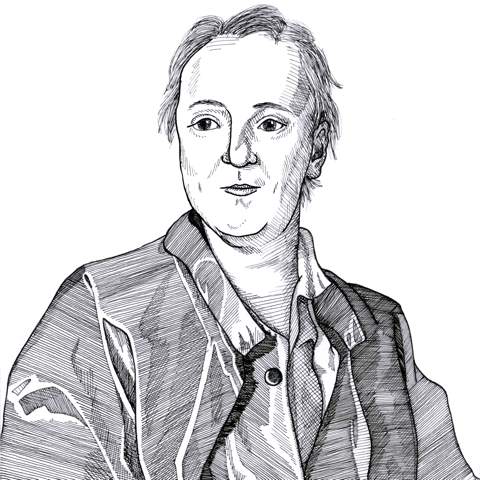
Denis Diderot
1713 – 1784
Denis Diderot, 1713–84 was born in Langres, in eastern France, into a cutler’s family, In the 1740s, he lived mainly by translating several works, the most important of which was the Earl of Shaftesbury’s Inquiry Concerning Virtue and Merit (1745), a seminal work of sentimentalist moral theory. He was chosen to edit the Encyclopédie in 1747, which brought an end to his near-poverty.
Show more
Diderot quickly became the driving force behind the project as writer, editor, propagandist, and recruiter of collaborators. There formed around him a whole social network that contemporaries called the “encyclopedic party,” and that helped make the Encyclopédie unique among eighteenth-century reference works. In between his editorial duties, Diderot wrote voluminously, including plays, art criticism, and others works such as Rameau’s Nephew (begun in 1761), D’Alembert’s Dream (1769), and Supplement to the voyage of Bougainville (1772). He received a pension from the Russian Empress Catherine II the Great, who bought his library in 1765. He supported the Physiocrats for a long time but sided with Galiani in the latter’s polemic with them in 1769 and afterward.
See the Liberty Matters online discussion on How Radical Was the Political Thought of the Encyclopédie?
Diderot featured as the October 2024 OLL Birthday. Read it here.
